Normal Logical Thinking worksheets activities for Ages 5-7
56 filtered results
-
From - To
Boost your child's critical thinking skills with our engaging Normal Logical Thinking worksheets designed for ages 5-7. These interactive activities encourage young learners to develop reasoning, problem-solving, and analytical skills through fun and stimulating tasks. Each worksheet features colorful illustrations and age-appropriate exercises that capture children's attention while promoting cognitive growth. Your child will explore patterns, sequences, and cause-and-effect relationships through playful challenges that make learning enjoyable. Our thoughtfully crafted materials not only align with early educational standards but also foster a love for learning. Download now and give your child the tools to think critically and creatively!
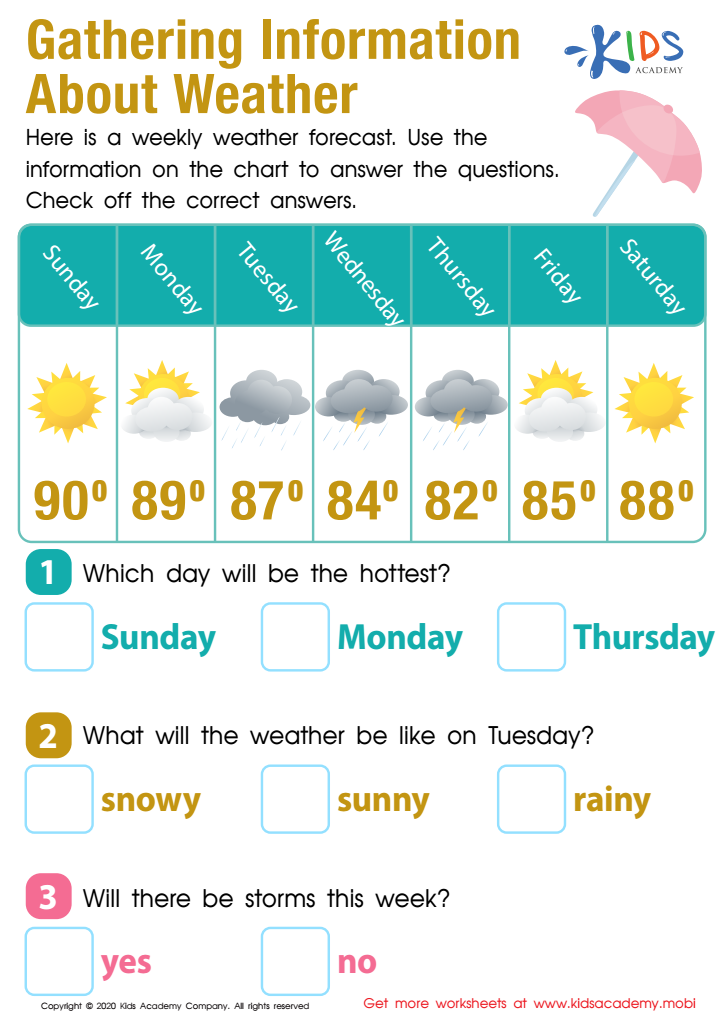

Gathering Information About the Weather Worksheet
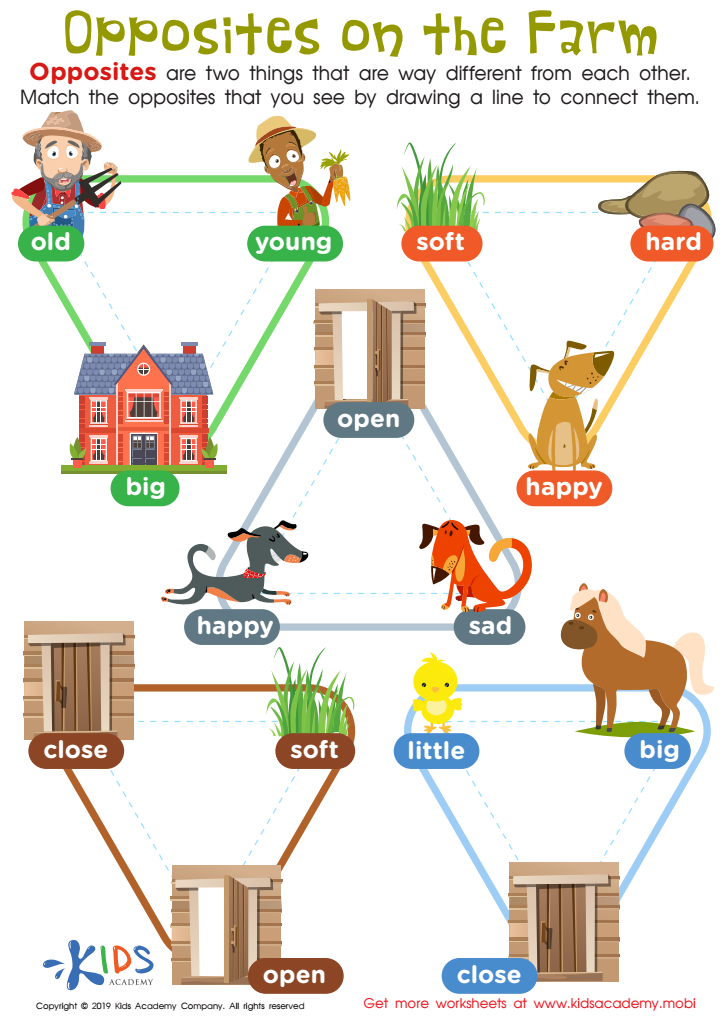

Opposites on the Farm Worksheet
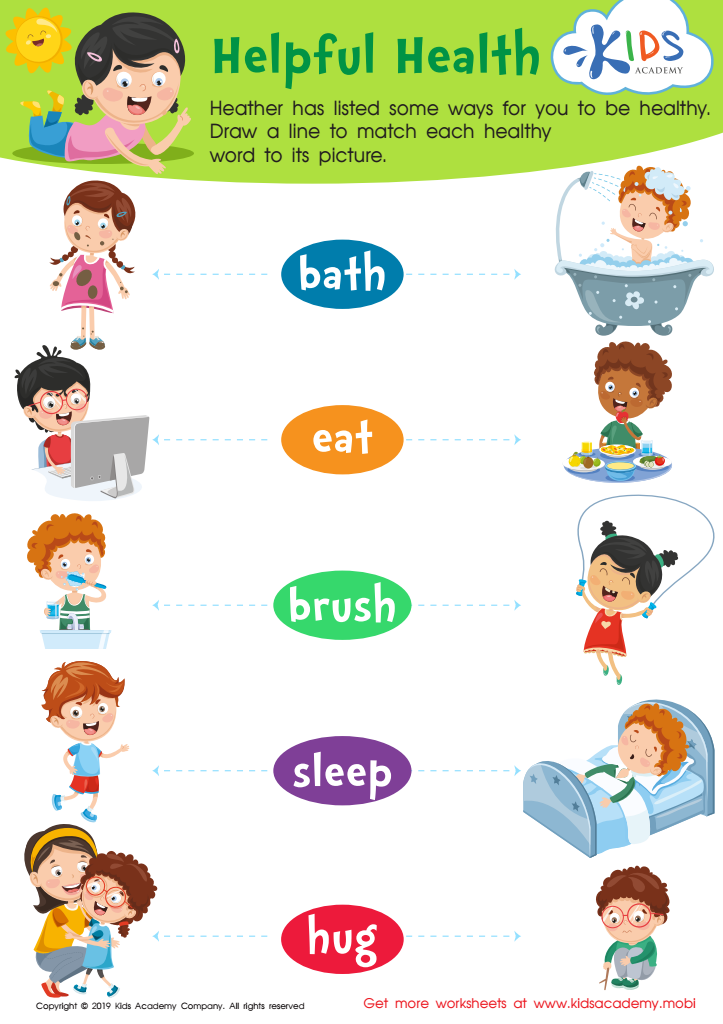

Helpful Health Worksheet


The 5 Sense Scientist Worksheet


Frog Countdown Worksheet
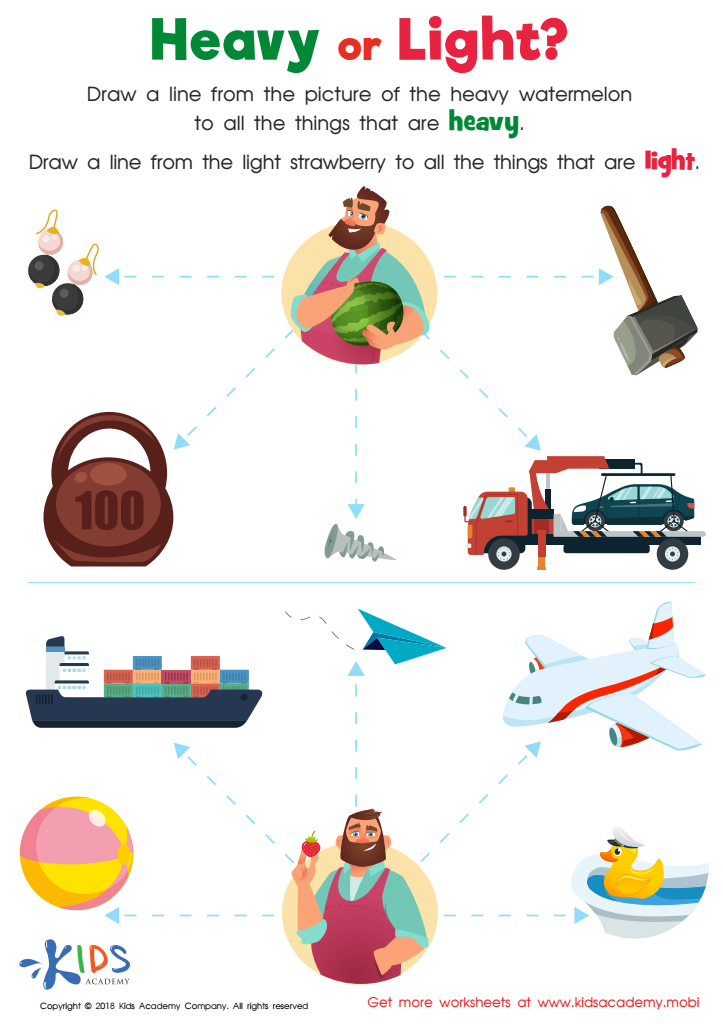

Heavy or Light? Worksheet


Sort and Count to the Moon Worksheet
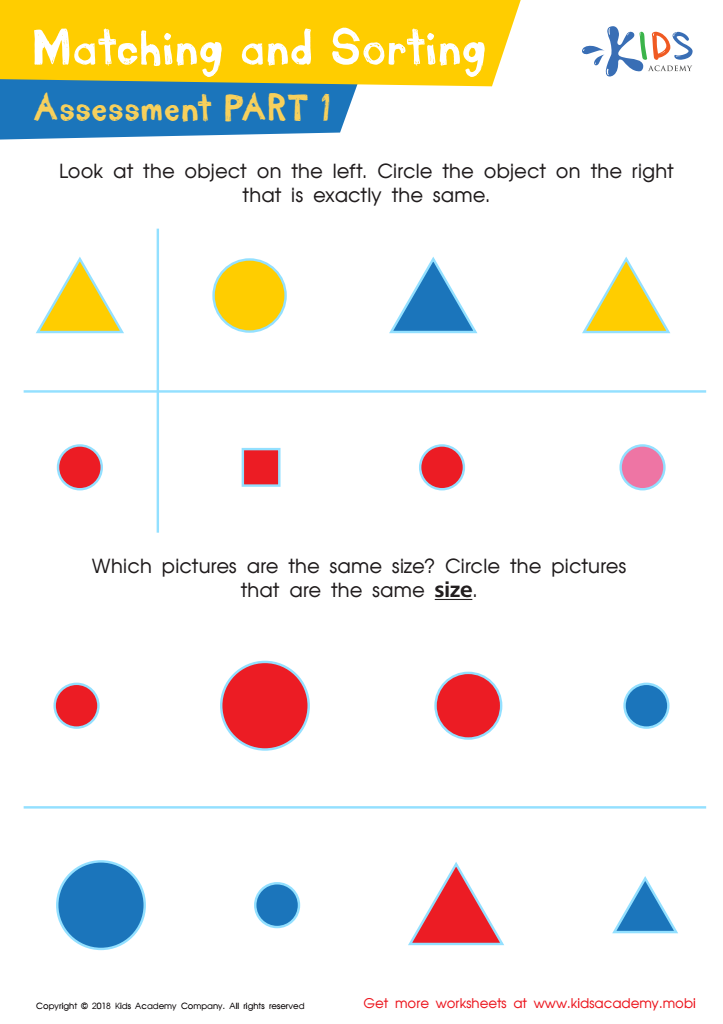

Matching and Sorting for Kindergarten: Assessment 1 Worksheet
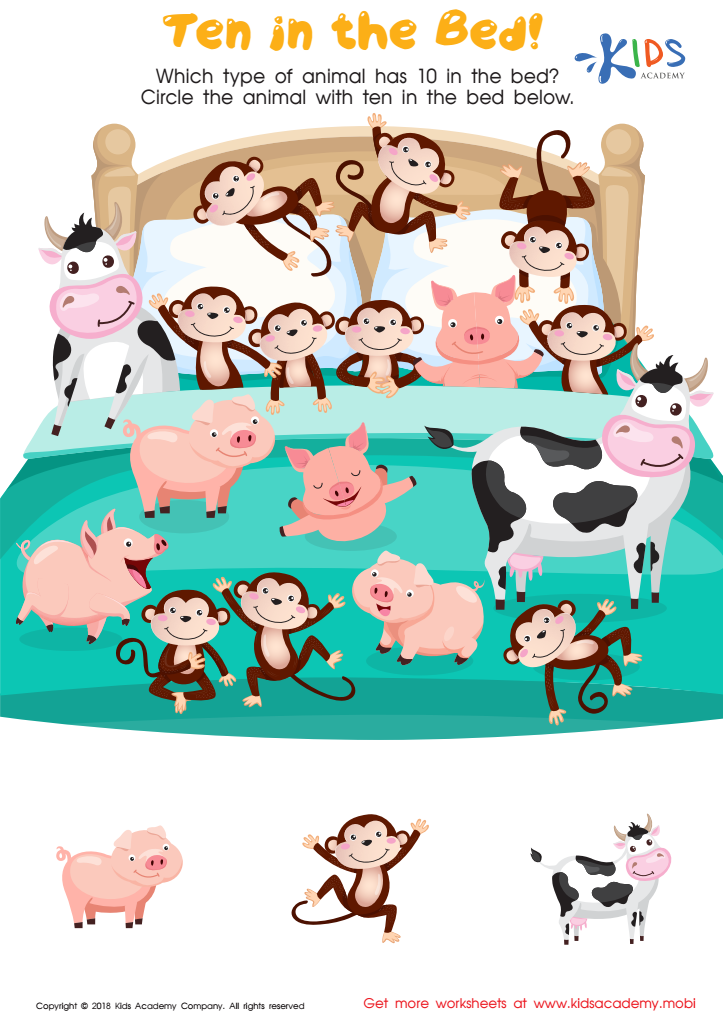

Ten in the Bed Worksheet
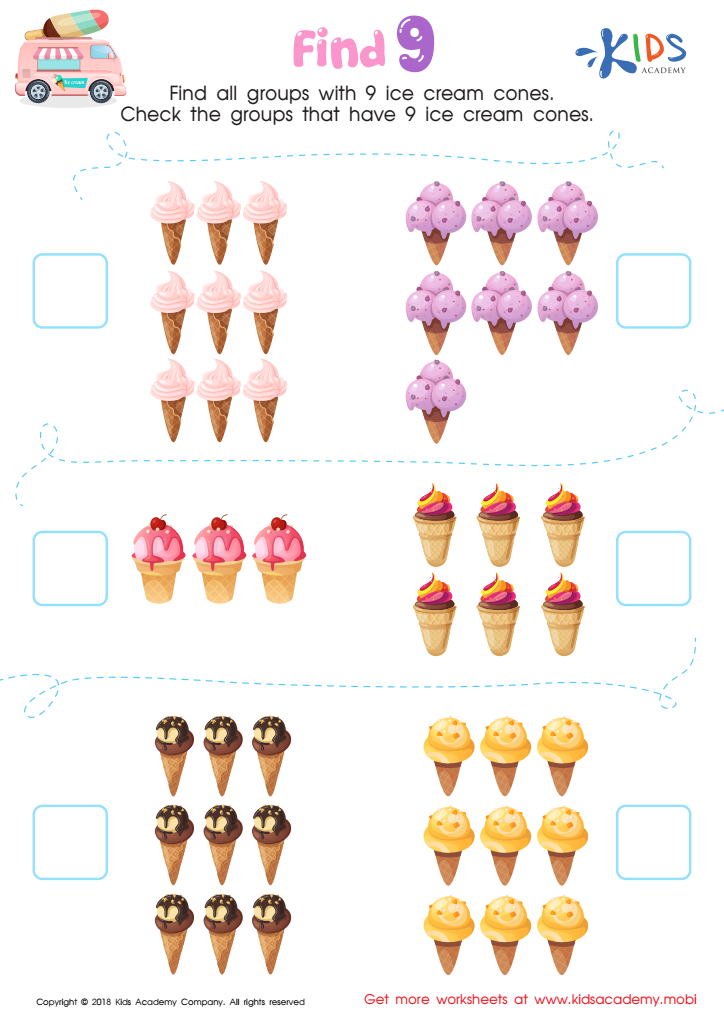

Find 9 Worksheet
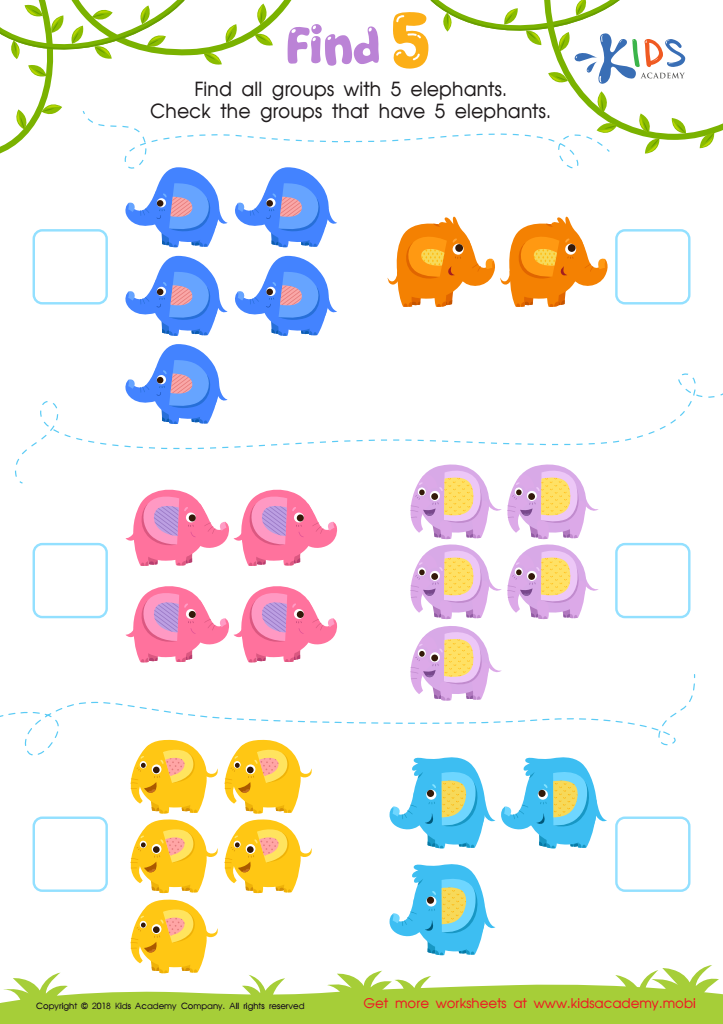

Find 5 Worksheet
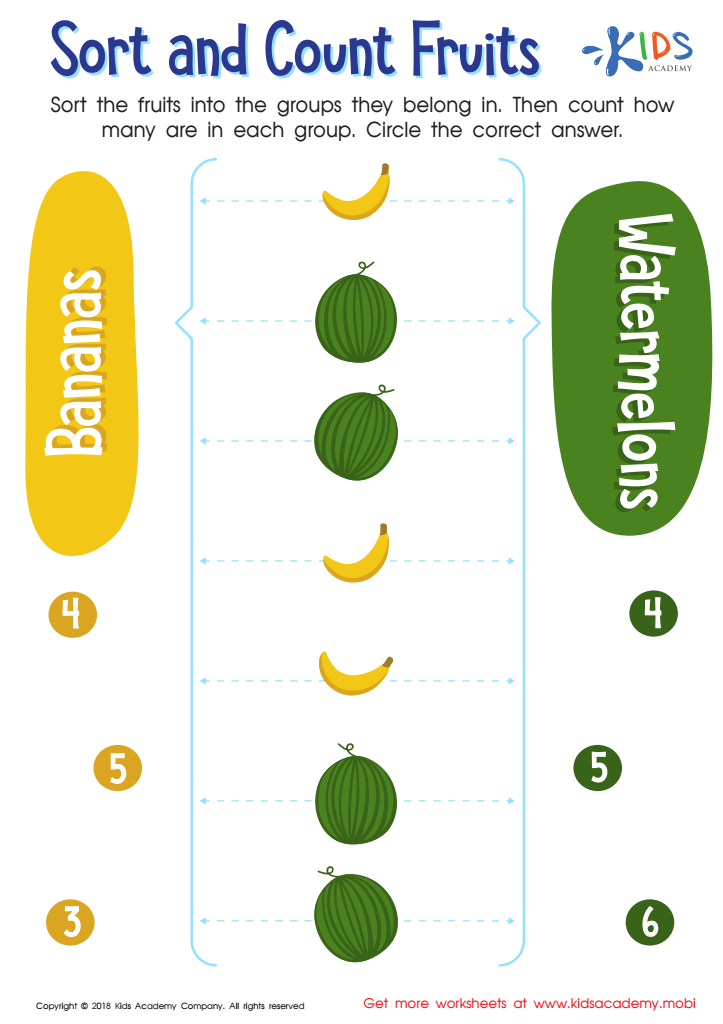

Sort and Count Fruits Worksheet
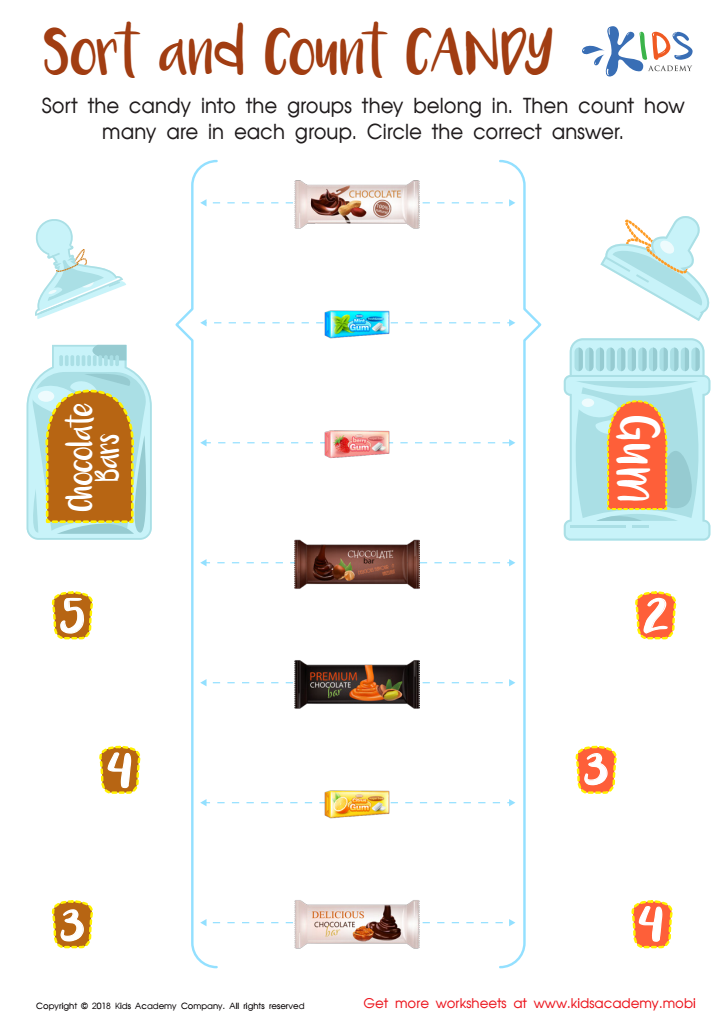

Sort and Count Candy Worksheet
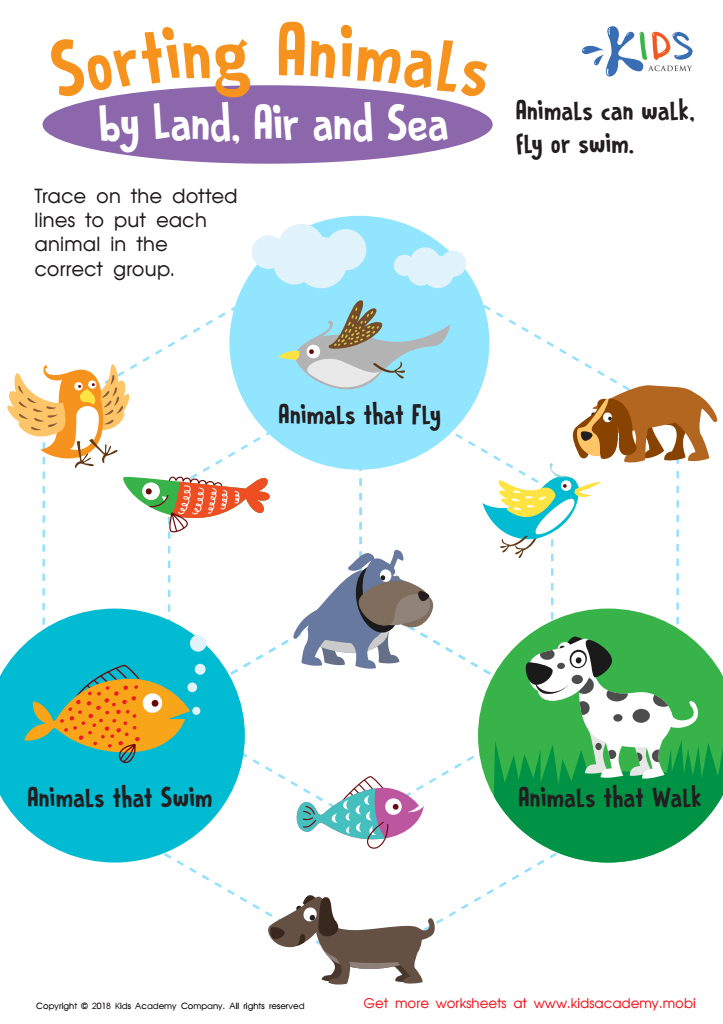

Sorting Animals by Land, Air and Sea Worksheet
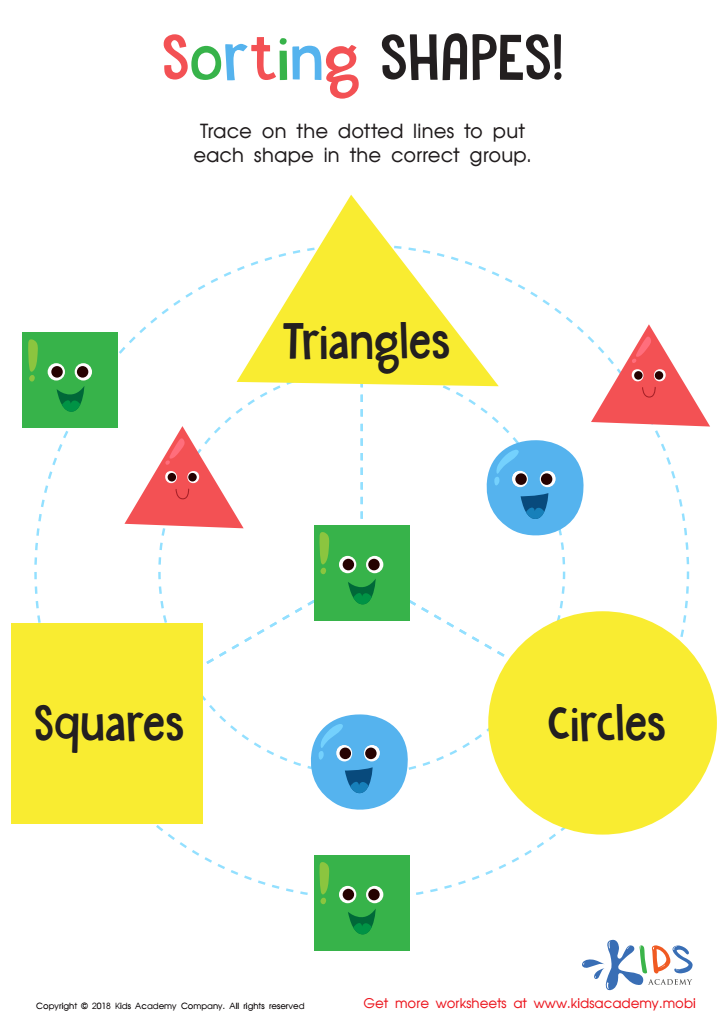

Sorting Shapes - Part 3 Worksheet


Sorting Animals in 3 Groups Worksheet
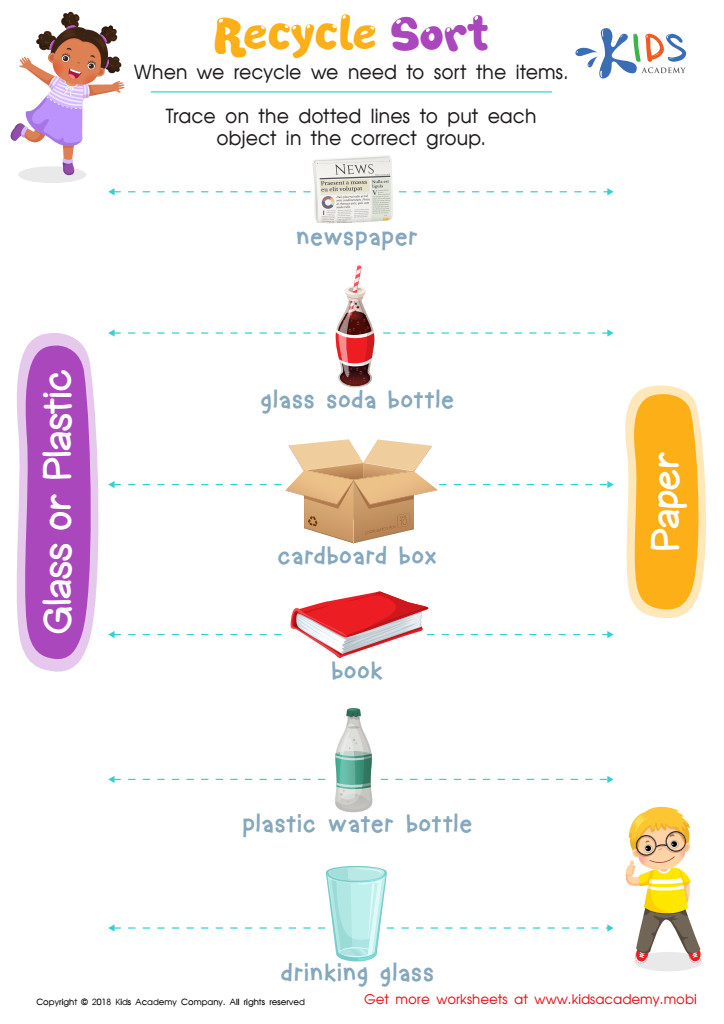

Recycle Sort Worksheet
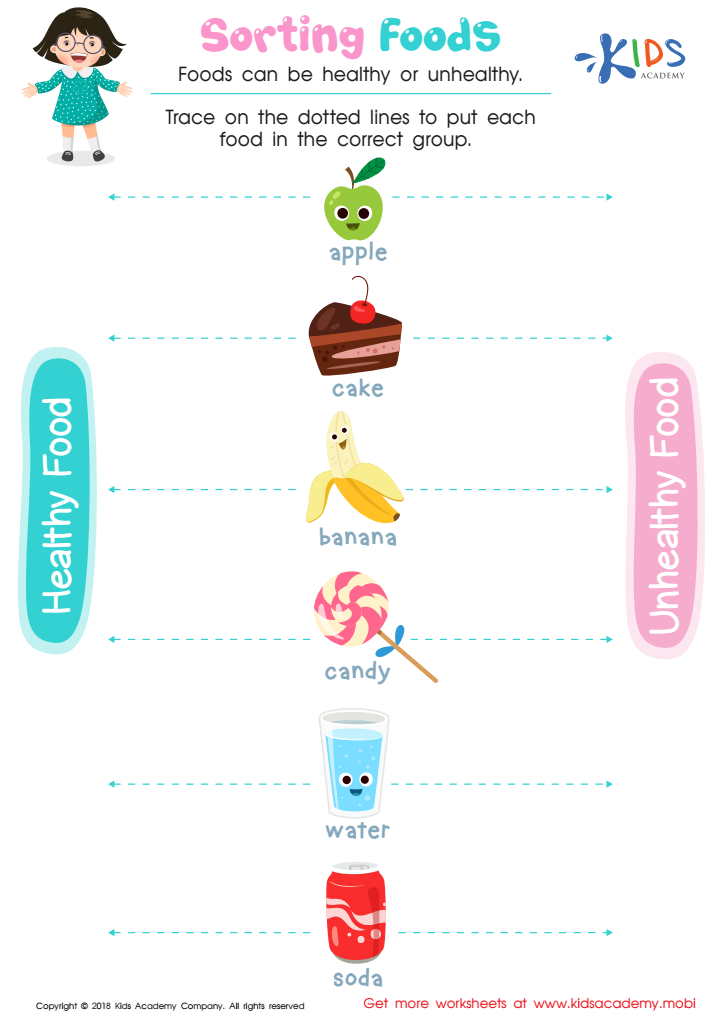

Sorting Food Worksheet
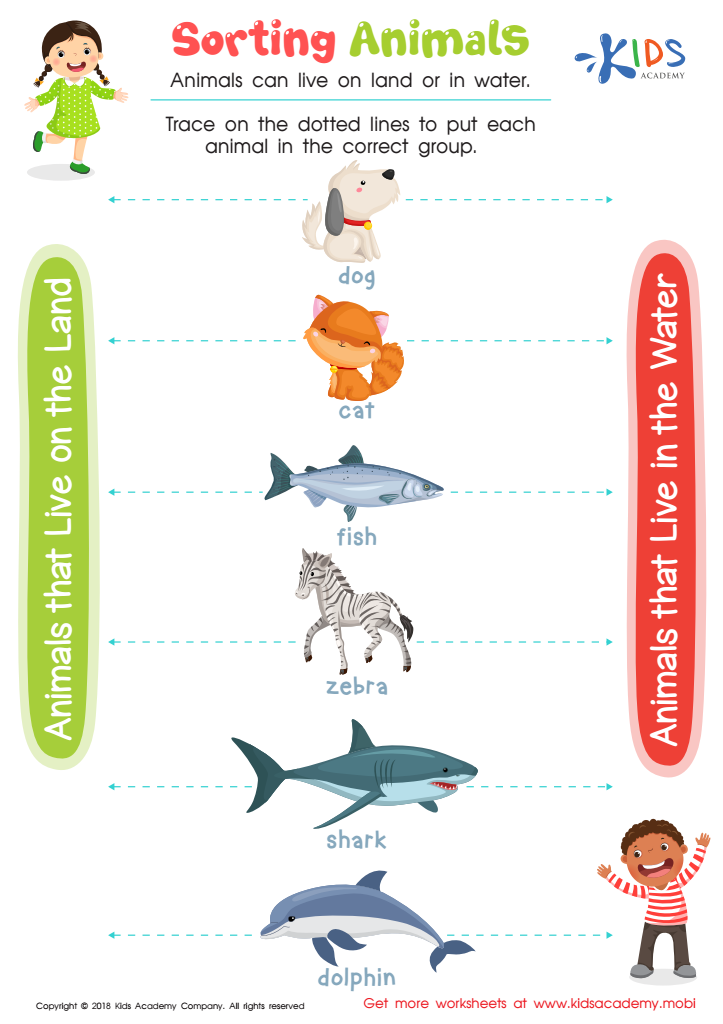

Sorting Animals Worksheet
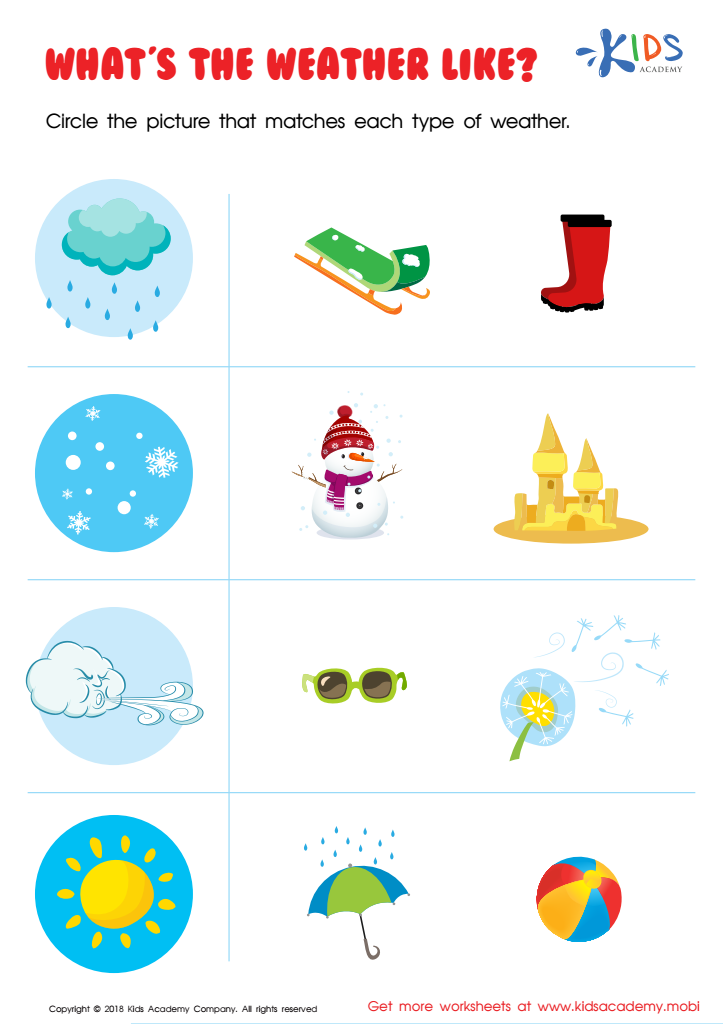

What's the Weather Like? Worksheet
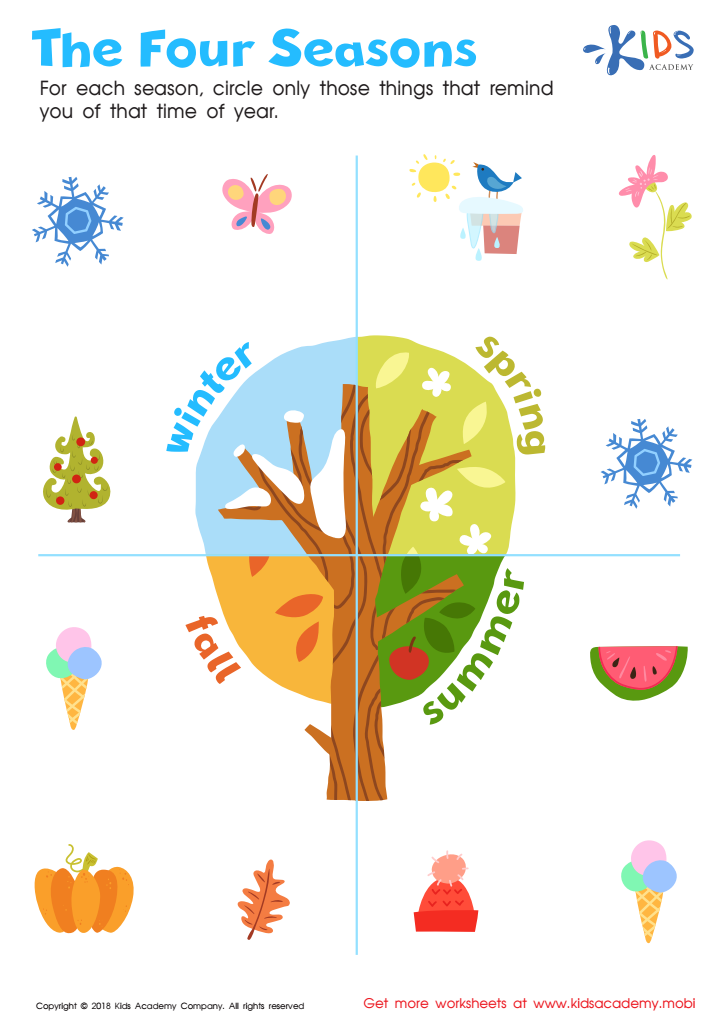

The Four Seasons Worksheet
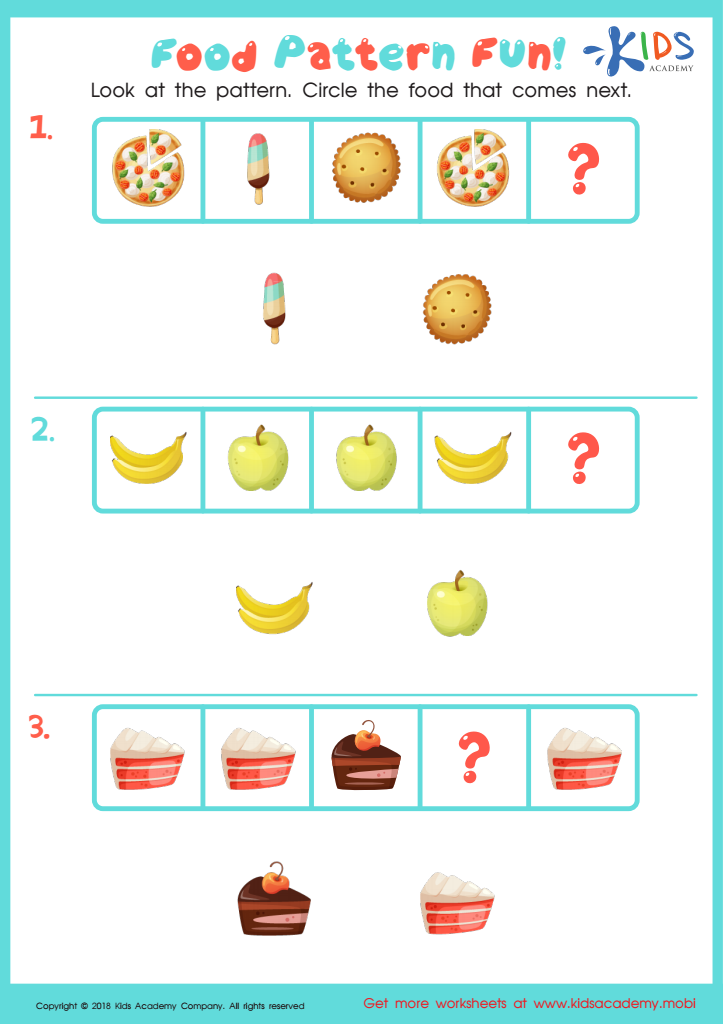

Food Pattern Fun Worksheet
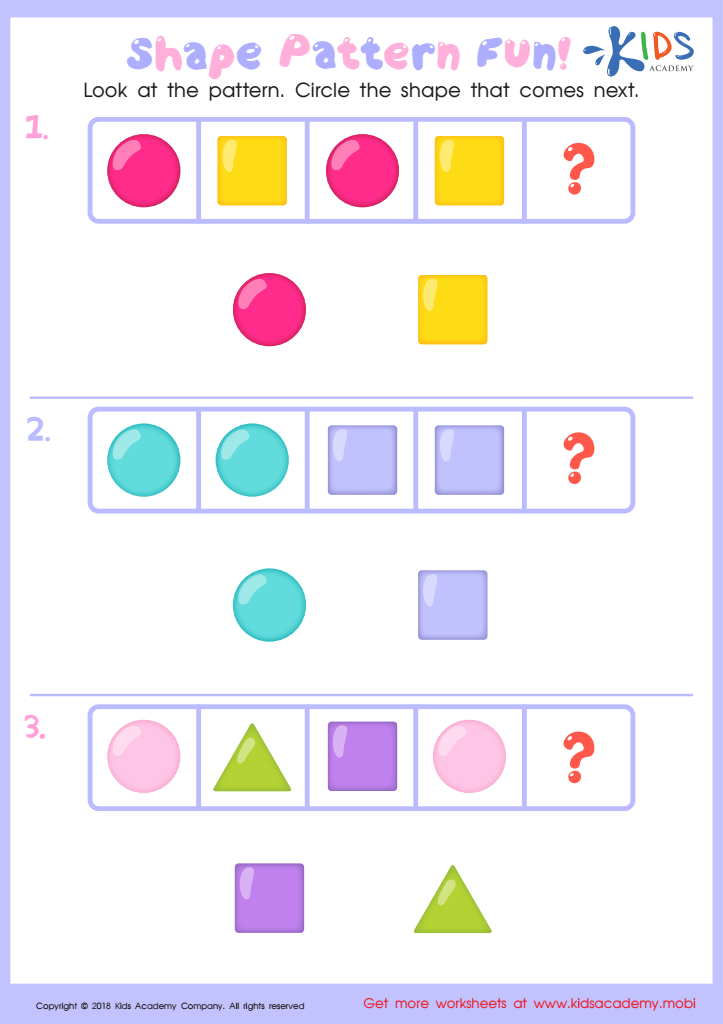

Shape Pattern Fun Worksheet


Make the Same Pattern Worksheet
Normal logical thinking activities are crucial for children aged 5-7 as they lay the foundation for critical cognitive skills necessary for future learning and problem-solving. At this developmental stage, children are naturally curious and experimentative, making it an ideal time to engage them in structured logical thinking activities that foster reasoning abilities.
These activities help enhance a child's ability to analyze information, identify patterns, and make connections, which are essential skills in both academic and real-world scenarios. Through games, puzzles, and discussions that nurture logical thinking, children improve their decision-making, which bolsters confidence in their abilities. For example, engaging in age-appropriate logic puzzles can stimulate their brain development by encouraging them to think ahead and evaluate outcomes.
Moreover, increased logical reasoning supports literacy and numeracy, as children learn to categorize, sequence, and understand relationships among concepts. Parents and teachers who prioritize these activities create opportunities for children to develop persistence and flexibility in thinking, harnessing their innate curiosity.
Ultimately, normal logical thinking activities not only prepare children for more complex educational tasks but also promote self-regulated learning—skills that are vital as they progress through their educational journey and beyond. This investment in early cognitive development fosters lifelong learners equipped for the challenges ahead.

 Assign to My Students
Assign to My Students
















